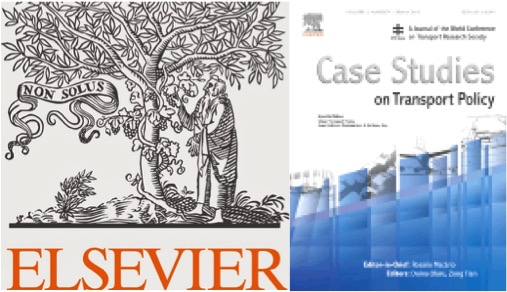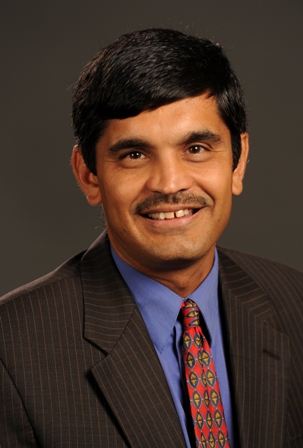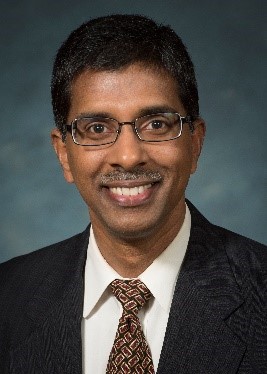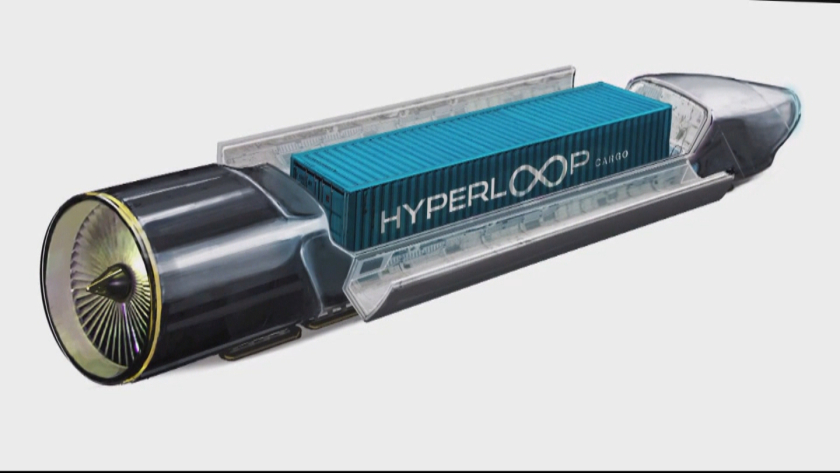 Journal of Case Studies in Transportation Policy (an Elsevier Journal) published a peer-reviewed article highlighting the activities of ATPIO. The article is written Mr. Arun Shirole, who is a co-founder and the current president of ATPIO.
Journal of Case Studies in Transportation Policy (an Elsevier Journal) published a peer-reviewed article highlighting the activities of ATPIO. The article is written Mr. Arun Shirole, who is a co-founder and the current president of ATPIO.
Mr. Shirolé is internationally well known for his engineering and management expertise. He has over 40 years of experience that covers planning, design, construction, rehabilitation and maintenance of bridges and highways. Previously he has served as a Senior Vice President of Arora and Associates, P.C. a consulting engineering firm and as the Executive Director of the National Steel Bridge Alliance (NSBA), a semi-autonomous division of the American Institute of Steel Construction. He is now NSBA’s Executive Director Emeritus.
Abstract:
Established in 2004 as a non-profit organization, the Association of Transportation Professionals of Indian Origin (ATPIO) is focused on its strategic objective of facilitating bilateral collaborative activities and partnerships between diverse groups of transportation professionals in US and India. These activities include research, as well as knowledge and technology transfer. Over the past decade ATPIO has organized free webinars, technical presentations at its Annual Meetings, co-sponsored conferences and workshops; as well as collaborated with academics, research organizations and governmental agencies both in US and in India.
This paper summarizes these activities and discusses collaborative research between academics from US and India. The paper also discusses ATPIO’s current and proposed future initiatives aimed at bringing public and private sector counterparts from US and India together to facilitate current research based knowledge and technology transfer for betterment of transportation in the 21 st Century. The paper concludes with a brief summary of ATPIO’s accomplishments and identifies challenges it has encountered in the pursuit of its strategic objective.
Link to the article
Download (PDF, 347KB)
 Dr. Chandra Bhat recently received the Lifetime Achievement in Transportation Research and Education Award (Academic) from the Council of University Transportation Centers (CUTC). This award is given to “individuals who have had a long history of significant and outstanding contribution to university transportation education and research resulting in a lasting contribution to transportation.” He received the award at the CUTC Banquet in Washington DC on January 7, 2017. CUTC is a national umbrella organization of university transportation centers in the U.S. For more information:
Dr. Chandra Bhat recently received the Lifetime Achievement in Transportation Research and Education Award (Academic) from the Council of University Transportation Centers (CUTC). This award is given to “individuals who have had a long history of significant and outstanding contribution to university transportation education and research resulting in a lasting contribution to transportation.” He received the award at the CUTC Banquet in Washington DC on January 7, 2017. CUTC is a national umbrella organization of university transportation centers in the U.S. For more information:



 Crimson Tide that is!
Crimson Tide that is!